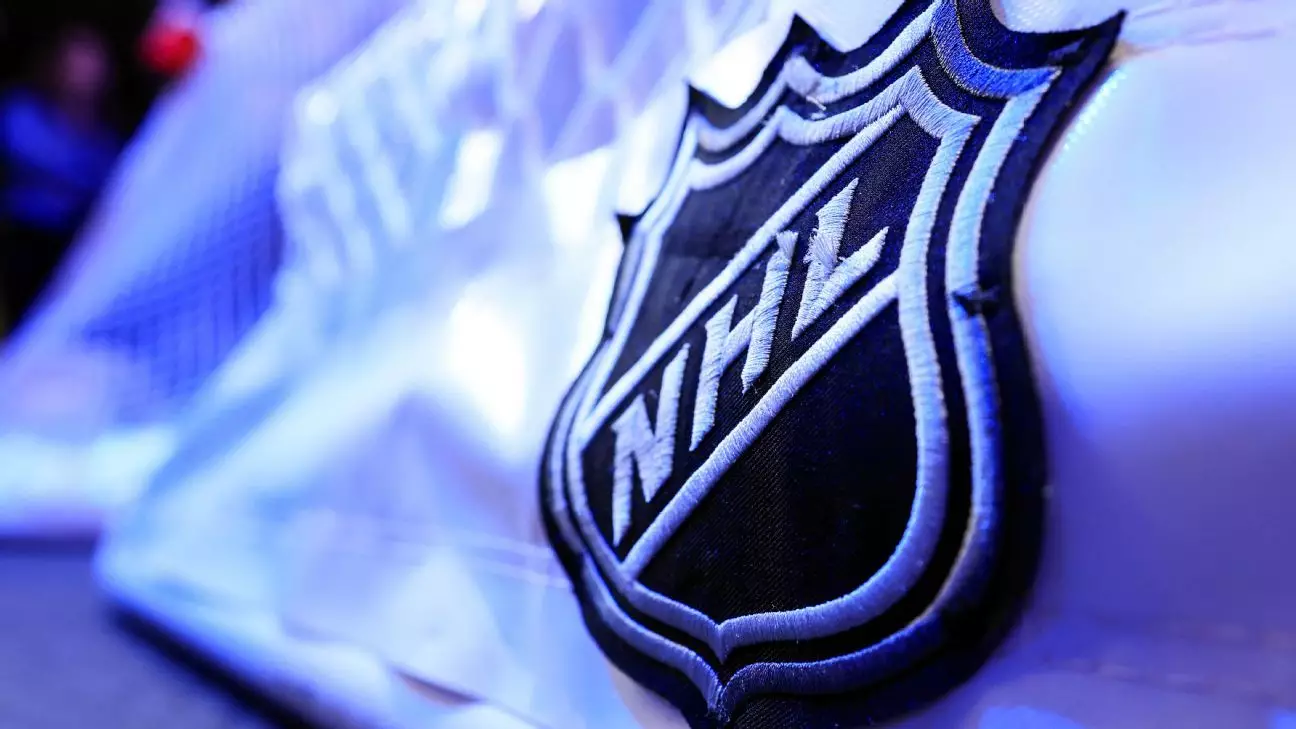In an unprecedented move, President Donald Trump’s support for a U.S.-Russia hockey initiative, discussed during a recent phone call with President Vladimir Putin, has sparked intrigue and debate across multiple arenas. While the Kremlin’s summary of the conversation revealed the idea of organizing hockey matches between American NHL players and their Russian KHL counterparts, it raises deeper questions about the intersection of sports, politics, and international relations. The notion that hockey might serve as a medium for diplomatic dialogue is a powerful one, but the practicality and implications of such games must be thoroughly examined.
The NHL’s Diplomatic Ice Capades
In the past, the NHL and the KHL have collaborated to host exhibition games, which enjoyed moderate success. Notable encounters such as the New York Rangers’ skirmish with Metallurg Magnitogorsk in Switzerland exemplified potential avenues for camaraderie through competition. Yet, as the world has borne witness, these friendly games have been overshadowed by geopolitical tensions, resulting in a drastic re-evaluation of international sporting ties. Following Russia’s invasion of Ukraine in February 2022, the NHL severed its connections with the KHL and pulled out of the Russian broadcasting market, encapsulating the league’s stance amidst a war that transformed the landscape of athletics into a harrowing tale of exclusion and ostracism.
The Cost of Conflict
The fallout from the invasion has been profound, compelling the International Ice Hockey Federation (IIHF) to ban both Russia and Belarus from international competitions. With tournaments suspended through the 2025-26 season due to ongoing security concerns, the ice rink stands as a stark reminder of how conflicts can fracture even the most innocent of activities. This exclusion culminates in significant ramifications for international sports—especially with the imminent arrival of the 2026 Winter Olympics in Milan, where the specter of participation looms over Russian athletes without clarity regarding their eligibility. The IIHF’s stance is born out of a genuine commitment to safety, yet it underscores a wider theme of sports being used as a barometer for diplomatic relations.
Hockey as a Political Football
Trump’s involvement in the realm of hockey extends beyond mere sportsmanship; his political backdrop enhances the narrative surrounding these games. The recent NHL 4 Nations Face-Off, in which Team USA faced off against Canada, was charged with political undertones stemming from Trump’s concerning approach toward Canadians, including controversial tariffs that impacted bilateral relations. As Canada claimed victory in an emotionally-laden match, it became evident that the stakes were higher than individual glory—the match was wrapped in the larger fabric of national pride and public sentiment. Team Canada coach Jon Cooper’s remarks poignantly encapsulated the gravity of the moment, suggesting that victories echo beyond the rink, resonating with millions back home.
What Lies Ahead
Looking forward, the idea of U.S.-Russia hockey games is tantalizing yet fraught with complexities. Can sports serve as a therapeutic escape from entrenched binary politics, or is such an initiative merely a façade masking deeper discord? The validity of reviving hockey diplomacy hinges on acknowledging historical grievances and fostering sincere dialogue. That said, Trump’s endorsement might invigorate hopes of new athletic partnerships between nations, yet it equally risks trivializing the serious consequences that arise from international conflict.
The Role of Leadership in Sports Diplomacy
The convergence of sports and diplomacy is an age-old narrative, where nations have been known to engage in friendly rivalries to ease tensions and facilitate cooperation. This begs the essential question: Can a sport as intense and competitive as hockey transcend animosities and build bridges for peace? The legacy of leaders engaging in sports diplomacy holds immense power, underscoring the potential for collaboration, understanding, and reconciliation amid tumultuous geopolitical landscapes.
In light of recent history, the challenge remains for both Trump and Putin to navigate the complex waters of international relations while leveraging the unifying power of sports. As the dialogue continues, hockey lies at the nexus of hope and skepticism—representing both the passion of players and the political gravity that looms over them.


Leave a Reply